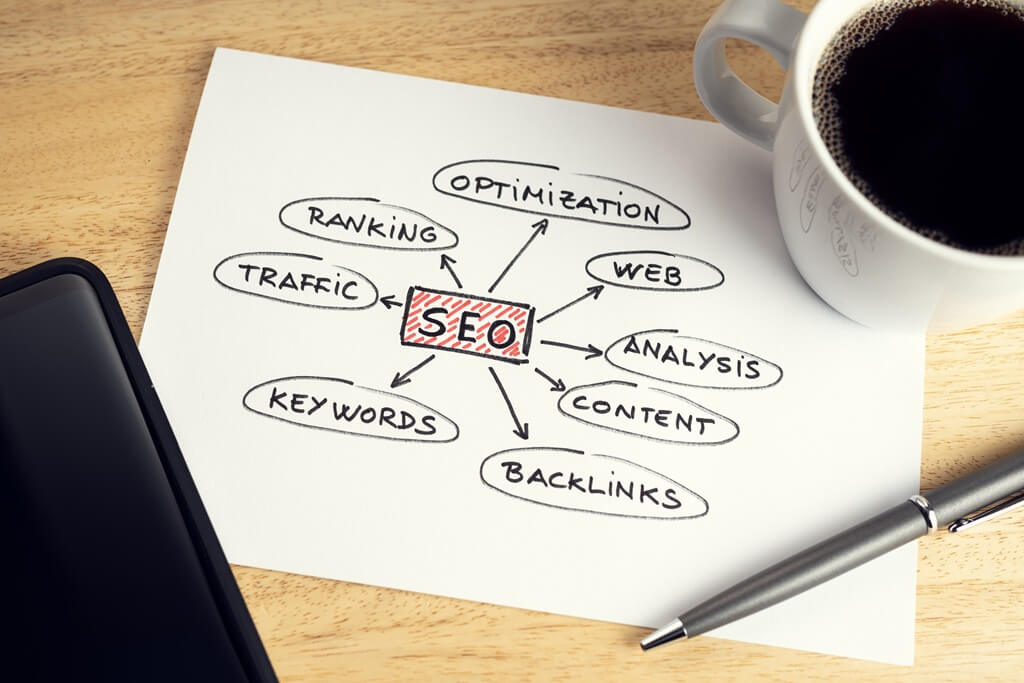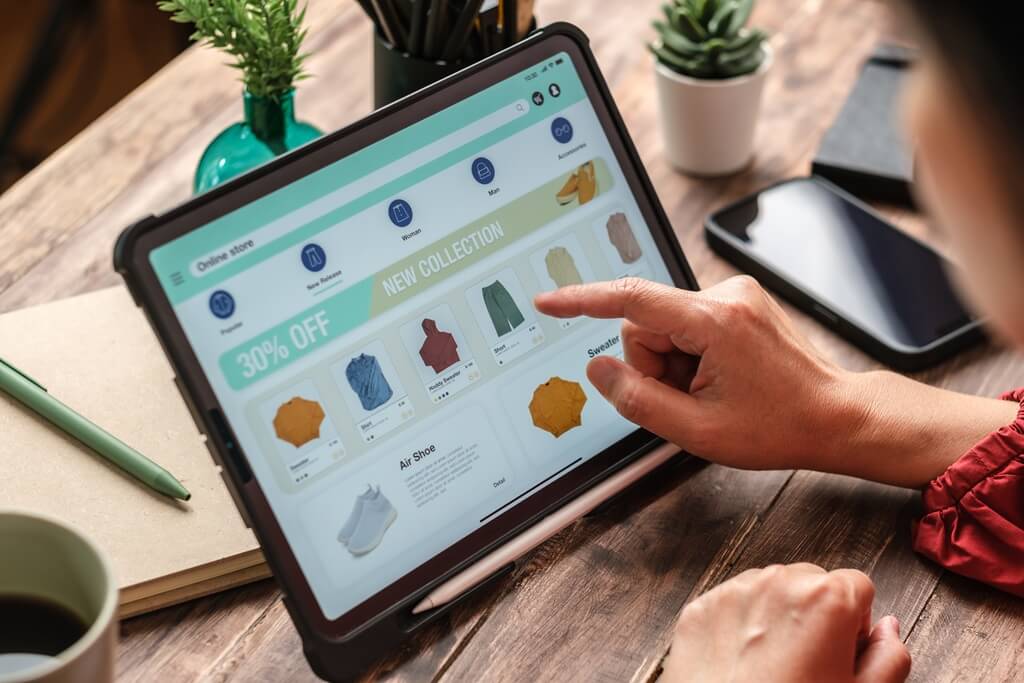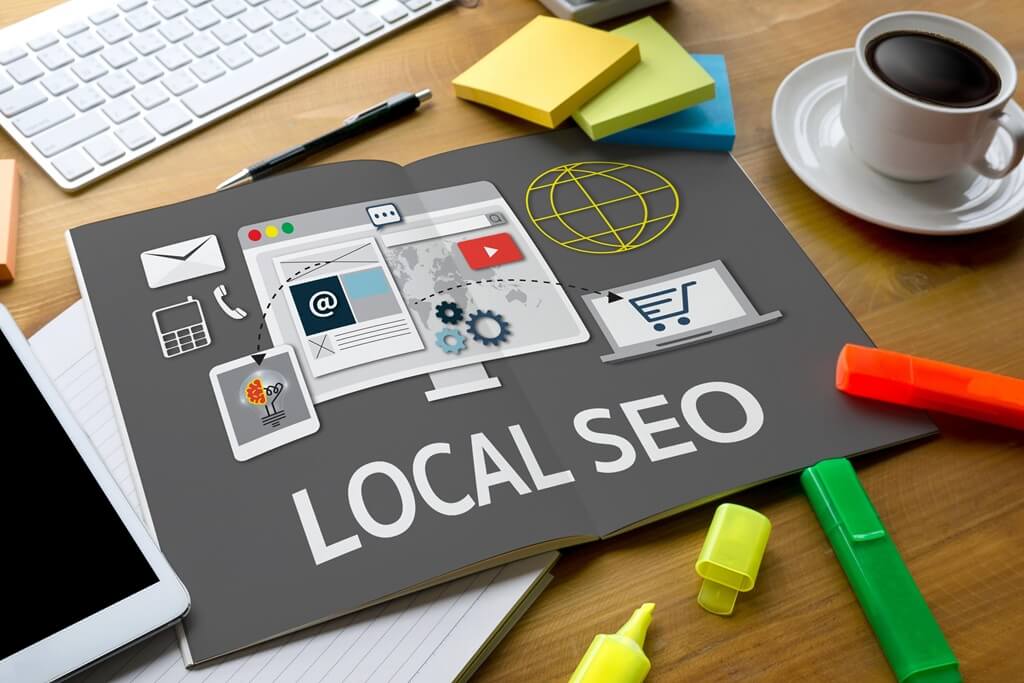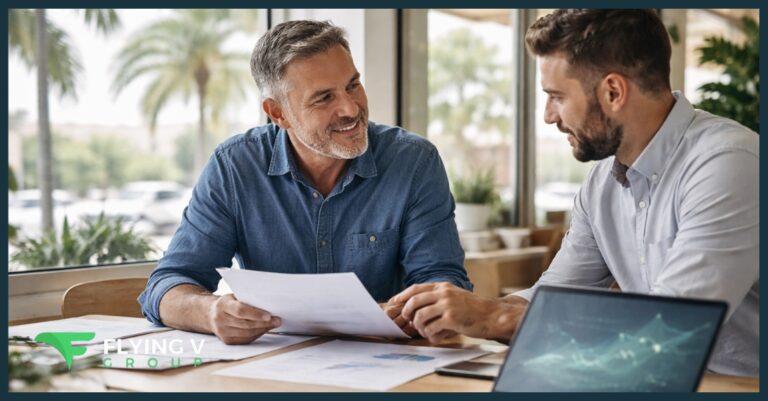Most ecommerce brands? They’re only focused on product pages, site speed, and technical stuff.
Which is great, but it’s only half the story.
If you’re just working on what’s on your site, you’re missing what moves the needle.
Off-page SEO is where the trust gets built. It’s what tells search engines like Google, “Hey, people know this brand. They trust it.” It’s not just about getting links.
It’s about your reputation, your authority, and how the internet talks about you when you’re not in the room.
In the ecommerce industry, the competition is tough, and everyone’s trying to get noticed. That’s why building trust can be the difference between showing up on page one or not showing up at all.
Today, we’ll walk you through proven off-page SEO strategies for ecommerce websites.
No shady link tricks, just proven, brand-building strategies that move the needle.
Let’s jump in.
What Is Off-Page SEO?
Off-page SEO includes everything you do outside of your site to improve rankings.
It’s not just link building. It includes brand mentions, reviews, influencer coverage, social shares, and even how often people search for your brand.
These signals help search engines measure your site’s trustworthiness and relevance. The more trusted your brand is around the web, the more likely you’ll rank well.
Why Off-Page SEO Matters for Ecommerce
Ecommerce sites often obsess over internal optimization. But Google cares just as much (if not more) about how others see you.
Here’s why off-page SEO is critical:
- Google trusts what others say about you: Backlinks, reviews, and mentions signal credibility.
- Links are like votes of confidence: The more high-quality sites link to you, the more valuable you appear.
- Trust drives conversions: Shoppers are more likely to buy from brands they’ve seen mentioned and recommended.
- It gives you an edge: Most ecommerce stores only focus on on-page. Off-page can be your secret weapon.
Off-page SEO builds brand equity that keeps paying off, even as algorithms evolve.
Link Building for Ecommerce: What Works
Getting backlinks to ecommerce sites is tough. Product pages change often. They’re transactional, not link-worthy. But you still need to build links for those pages.
Here’s how to get them the right way.
1. Build Content That Earns Links to Product Pages
Most sites won’t link directly to a product page. But you can:
- Create gift guides, buyer’s guides, or blog posts that naturally link to your products.
- Partner with influencers or affiliates who review or promote your products and link to them in authentic ways.
- Use digital PR to create stories about your product, like a sustainable mission, unique origin, or limited edition launch.
2. Guest Post on Niche Blogs
Guest posting isn’t dead. It just needs focus.
- Target blogs in your niche (e.g., vegan skincare, home decor, fitness gear).
- Write valuable content
- Link back contextually—ideally to category or blog pages with internal links to products.
Example: A pet supply brand might guest post “5 Essential Dog Travel Tips” and link to their travel product line.
3. Run Digital PR Campaigns
Don’t just launch a product, launch a story.
- Tie it to a trend (eco-friendly, AI, etc.)
- Share original data, insights, or visuals.
- Pitch to journalists and editors in your industry.
Good PR can land you links from major media outlets faster.
Here’s a detailed guide on how you can run a digital PR.
4. Do Competitor Backlink Analysis
You can use tools like Ahrefs or Semrush to uncover who’s linking to your competitors. Then reach out to those same publishers with better or updated content.
It’s one of the fastest ways to find link opportunities that are already proven to work in your space.
5. Turn Unlinked Mentions into Backlinks
If people are already talking about your brand but not linking to it, you’re leaving SEO value on the table.
- Use Google Alerts or Brand24 to find mentions
- Reach out politely and ask for a backlink to add context
- These are easy wins, because the awareness is already there
Influencer, Affiliate, and Ambassador SEO Power
Influencers and affiliates aren’t just for sales. They’re powerful off-page SEO allies.
When they publish blog posts, YouTube videos, or social content with links to your products, you get:
- Contextual backlinks
- Referral traffic
- Trust signals from real people
To maximize SEO, guide partners to include links in relevant content (e.g., “My Top 5 Skincare Picks This Summer”) rather than generic promotions.
Brand Mentions, Social Proof & UGC
Here are some other off-page SEO signals that matter:
1. Unlinked Brand Mentions
Even without a hyperlink, a brand mention tells Google (and AI platforms like ChatGPT) that you’re being talked about.
You can earn mentions by:
- Being included in gift guides, listicles, or influencer roundups
- Sharing your story with journalists and bloggers
- Staying active on relevant forums and communities
2. Social Media Signals
Social activity doesn’t directly affect rankings, but it drives traffic and visibility, which leads to backlinks.
Encourage engagement. Promote shareable content. Run campaigns that spark UGC.
3. User-Generated Content (UGC)
When customers post about your products on blogs, YouTube, Instagram, or forums, it sends powerful trust signals.
- Run contests to collect content.
- Ask for reviews or testimonials.
- Highlight UGC on your site (with permission)
This content builds social proof and generates backlinks from diverse sources.
Local SEO for Ecommerce Brands with Stores
If you also have a physical store, off-page SEO includes local strategies.
1. Local Citations and Reviews
Make sure your business info (name, address, phone) is consistent on all platforms like Yelp, Apple Maps, and Yellow Pages.
Encourage reviews on Google and other directories. They boost both rankings and conversions.
2. Google Business Profile
Optimize your profile with:
- Accurate hours
- Real photos
- Posts and updates
It’s a strong signal for both search visibility and trust.
3. Local PR and Backlinks
Host events, sponsor causes, or partner with local businesses to earn press and backlinks from regional news sites and blogs.
Online Reviews & Reputation Management
Platforms like Google, Trustpilot, and Yelp are trust hubs. The more (and better) your reviews, the more authority you build.
Here’s how to make them work:
- Ask for a review after every purchase
- Make it easy—send a direct link
- Respond to reviews (positive and negative)
- Monitor your reputation regularly with tools
This builds social proof that feeds directly into SEO.
Common Off-Page SEO Mistakes to Avoid
Don’t waste time or hurt your rankings by falling into these traps:
1. Buying Spammy Links
Cheap, irrelevant backlinks may work short term. But often it can lead to penalties. Focus on quality and relevance.
2. Over-Relying on One Tactic
Using only guest posts or only influencers limits your reach. Mix up your strategies for better long-term results.
3. Poor Anchor Text & Link Velocity
Don’t repeat the same anchor text or build too many links too quickly. It looks unnatural and risky.
4. Neglecting Relationships
Don’t treat link building as a numbers game. Build real relationships with publishers, journalists, and bloggers.
5. Not Tracking Results
Use Google Search Console and backlink tools to measure performance. Know what’s working and refine it.
If you’ve a guide that can help you understand overall ecommerce marketing, check out this comprehensive guide on ecommerce marketing.
Let’s Turn Off-Page SEO into Real Ecommerce Growth
Off-page SEO isn’t a nice-to-have. It’s how you earn trust, authority, and organic visibility in today’s ecommerce market.
Whether it’s backlinks, mentions, PR, reviews, or influencer partnerships—every off-site signal tells Google your brand deserves to rank.
Want help putting these strategies into action?
At Flying V Group, we don’t offer cookie-cutter SEO. We build full-service ecommerce growth systems—combining off-page SEO, content, paid ads, CRO, and email to drive results.
Book your free strategy call today, and let’s take your ecommerce SEO to the next level.
Frequently Asked Questions
1. Is off-page SEO still effective for SEO in 2025?
Yes. Off-page SEO remains a core part of how Google ranks websites. Backlinks, brand mentions, and online reputation are major signals that help build authority and trust in the eyes of search engines.
2. How does off-page SEO differ from on-page SEO?
On-page SEO focuses on elements within your website, like content, metadata, and internal links. Off-page SEO involves factors outside your site, such as backlinks, digital PR, brand mentions, and social proof.
3. Is local SEO part of off-page SEO for ecommerce website?
Yes. Listing your store on local directories, Google Business Profile, and getting local backlinks are all off-page tactics that support location-based SEO for ecommerce.
4. How long does it take to see results from off-page SEO?
It depends on your industry. In competitive niches, it usually takes longer to gain traction. Most ecommerce brands see results within 6 months. Off-page SEO is a long-term play.
5. How do I know if my off-page SEO is working?
You’ll notice steady growth in keyword rankings, domain authority, and referral traffic. More people will search for your brand, and over time, you may even appear in AI search results like ChatGPT suggestions or Google AI Overviews.











0 Comments